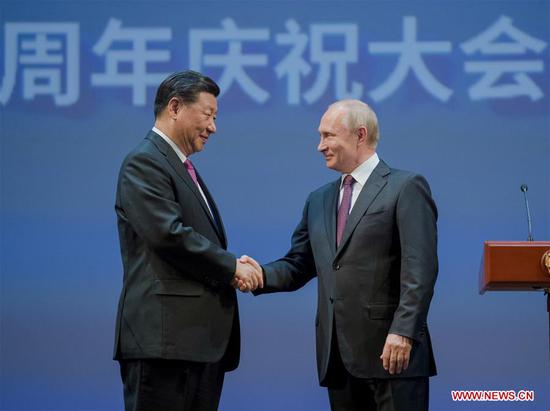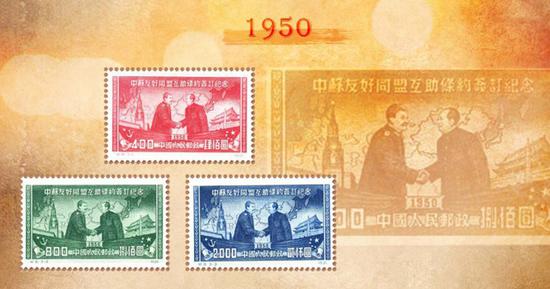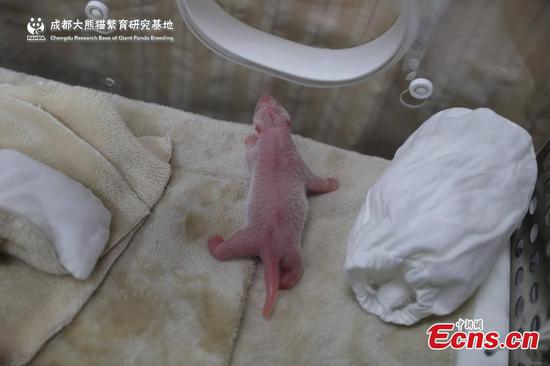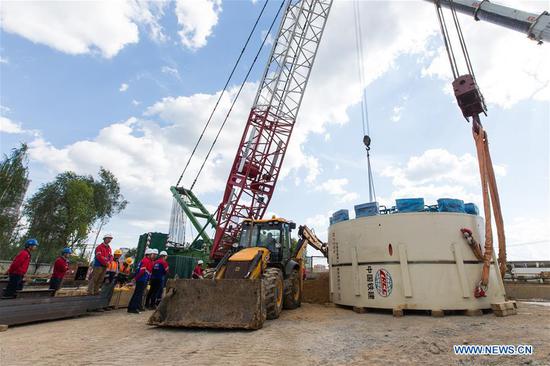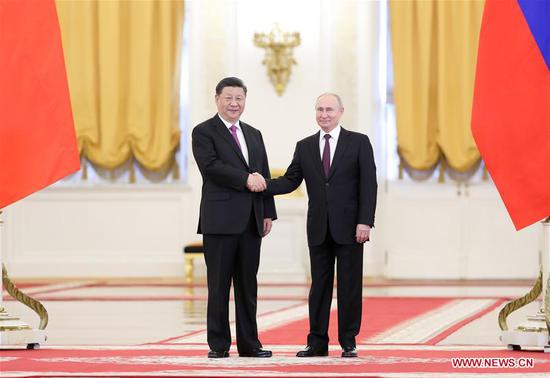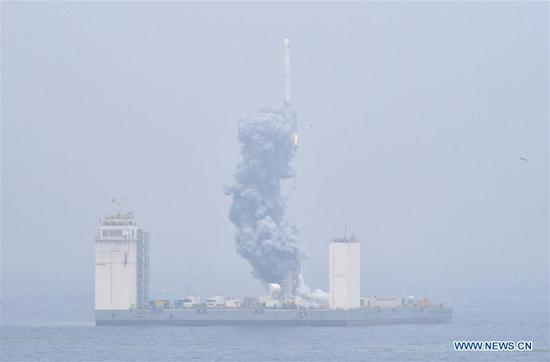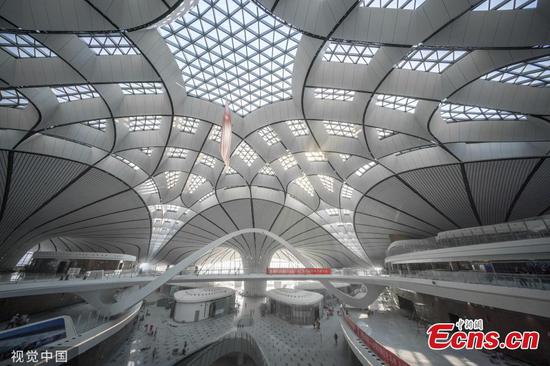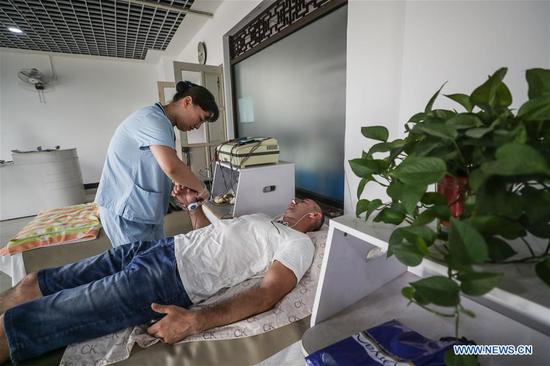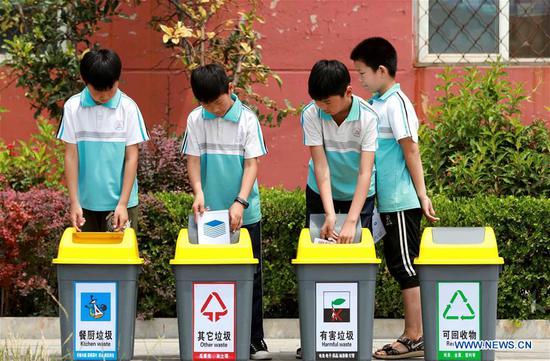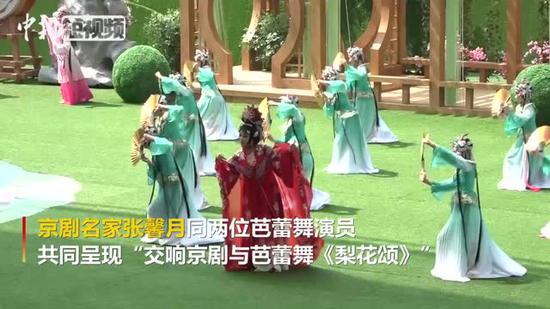Commercialization comes before the original 2020 target
The Ministry of Industry and Information Technology on Thursday officially rolled out commercial 5G licenses, marking a key step toward a crucial period for the next-generation 5G commercial use.
The ministry granted the 5G licenses to the nation's three major telecom carriers — China Mobile, China Telecom and China Unicom — as well as State-owned China Broadcasting Network Corp.
Minister of Industry and Information Technology Miao Wei said China welcomes foreign companies to actively participate in the construction of its 5G market and share in the benefits generated in the market.
The move marks an accelerated push by China to apply 5G. Its previous plan was to commercialize the technology in 2020.
"The 5G licensing will help deepen structural reform in the telecom industry, improve the level of social and economic informatization and foster several leading companies with global competitiveness," said China Mobile Chairman Yang Jie.
China Mobile claimed its 5G services will be available in more than 40 cities by the end of September.
China Telecom also said in a statement that the 5G licensing will be a key step to build the country into a cyber power. It is also conducive to gaining a competitive edge in the telecom sector, which will help drive technological innovation, embrace industrial upgrading as well as boost high-quality economic growth, the company said.
China Unicom noted it will continue welcoming foreign companies to participate in domestic 5G construction.
"The 5G licensing will be a significant boost to the domestic economy as it will drive the transformation and upgrading of the real economy, promote 5G applications in various fields including manufacturing and agriculture and boost growth of the digital economy," said Wang Zhiqin, head of IMT2020 (5G) Promotion Group, a team established by the ministry to accelerate the development of 5G in China.
"Issuing licenses for China Broadcasting Network Corp, the fourth 5G carrier, will help build a next-generation communication network," Wang added. "Granting four 5G licenses is conducive to fostering rational competition and investment in the market."
She said the ministry will take key measures to promote 5G application, strengthen industrial management, better allocate resources, encourage companies to participate in 5G-network construction and further integrate 5G with vertical industries.
High-speed 5G technology is expected to revolutionize the tech world in the near future as it will be able to transmit data at least 10 times faster than 4G technology.
In the 5G era, higher reliability and lower latency can be realized, making the internet of things more effective and enabling tasks that are impossible in the 4G era, such as overseeing self-driving vehicles.
Telecom equipment maker Huawei Technologies Co said in a statement on Thursday that it is ready to help China accelerate commercial use of 5G.
Huawei's global pioneering capabilities offering 5G solutions can support Chinese telecom carriers to build a sound network. China will lead the world in commercializing the superfast wireless technology, the company said.
Huawei has invested about $2 billion in total into the research and development of 5G since 2009.
ZTE Corp, another Chinese telecom gear vendor, also said in a statement that its products are ready for commercial use and it will actively participate in the commercial deployment and construction of 5G networks in China, and will work closely with industry partners to actively promote the application of 5G.
China is set to become the world's largest 5G market by 2025, with 460 million 5G users, according to a forecast by the Global System for Mobile Communications Association, an industry group.
The country's telecom carriers are expected to spend 900 billion to 1.5 trillion yuan ($134 billion to $223 billion) in total on 5G network construction from 2020 to 2025, according to a report from the China Academy of Information and Communications Technology.
Contact the writers at ouyangshijia@chinadaily.com.cn











